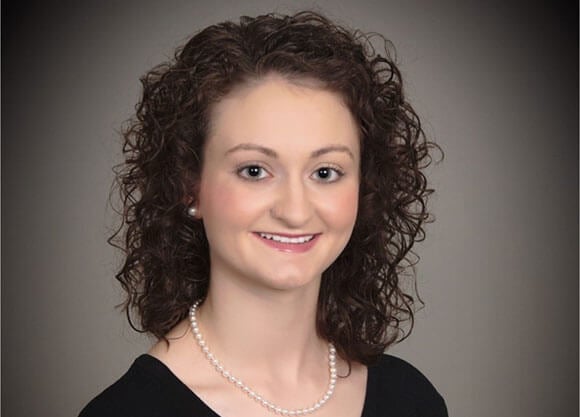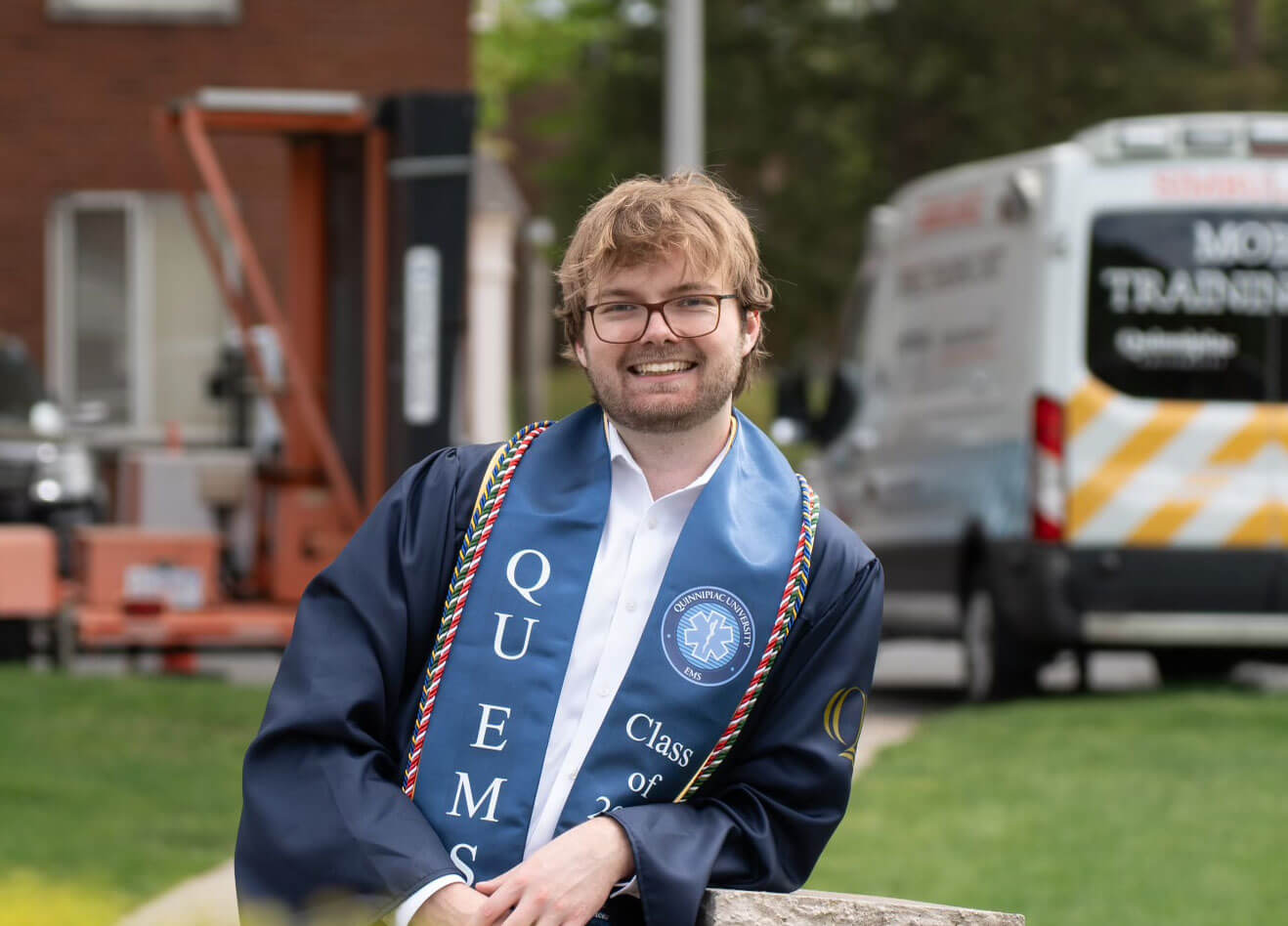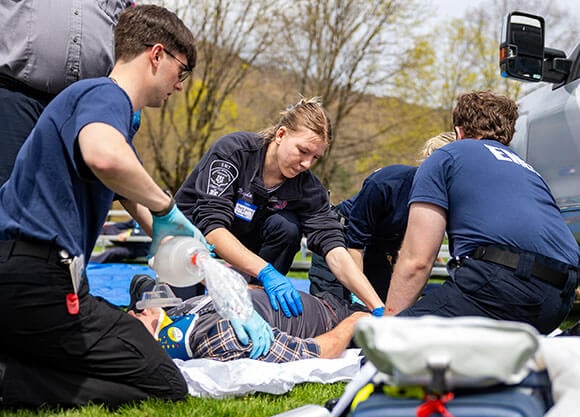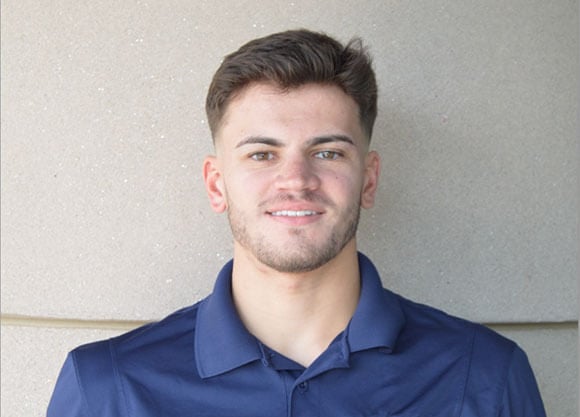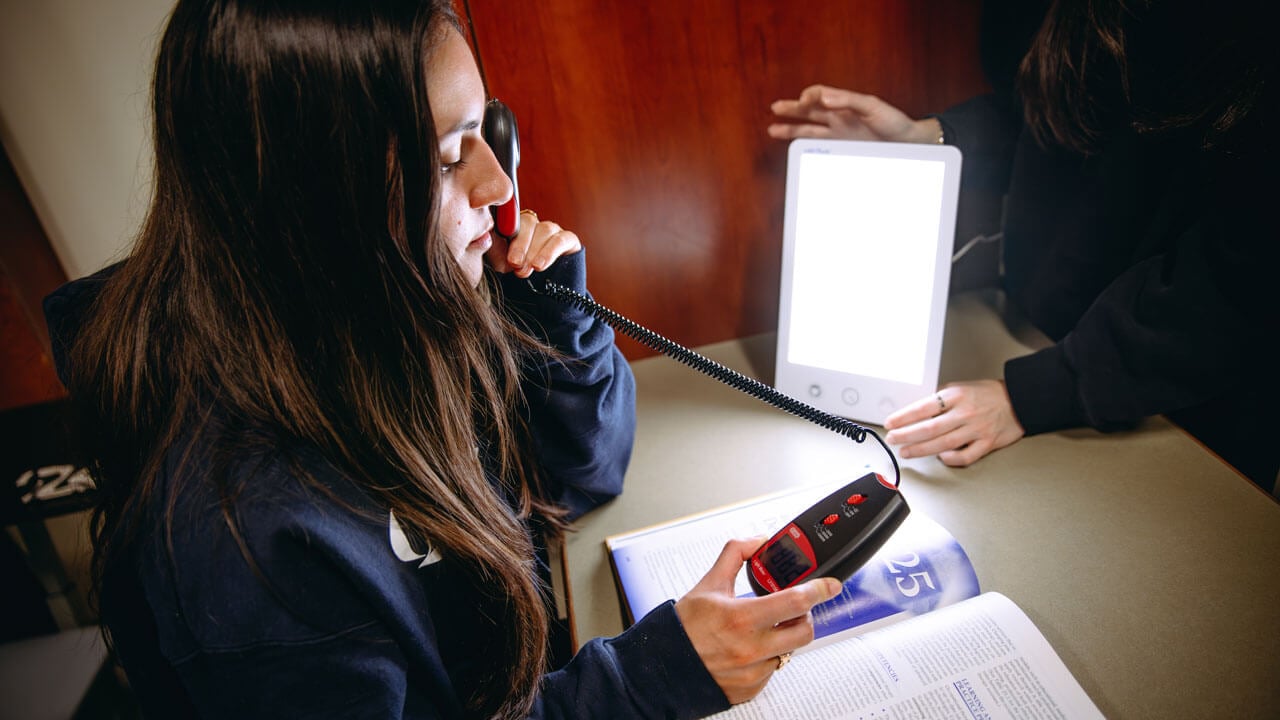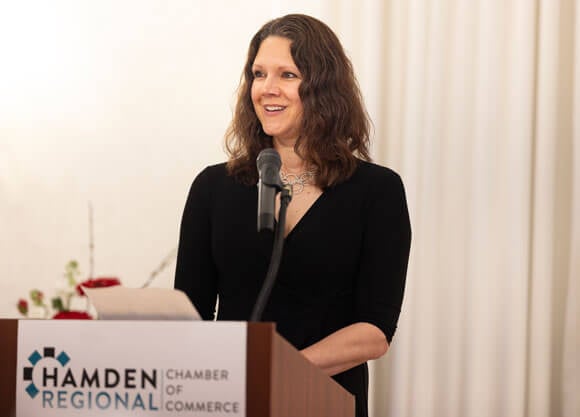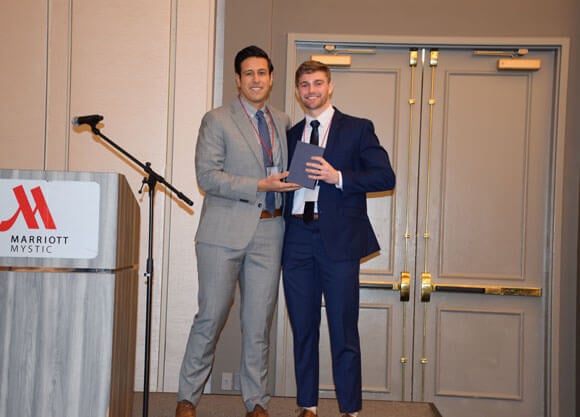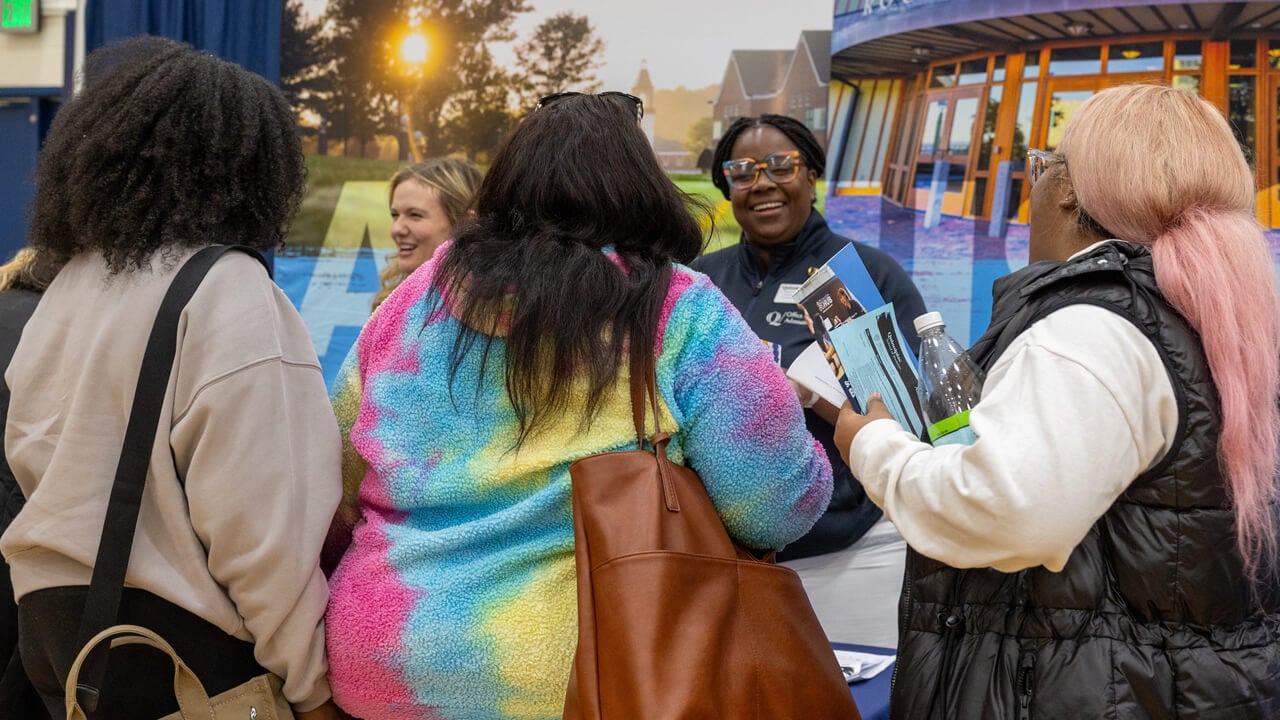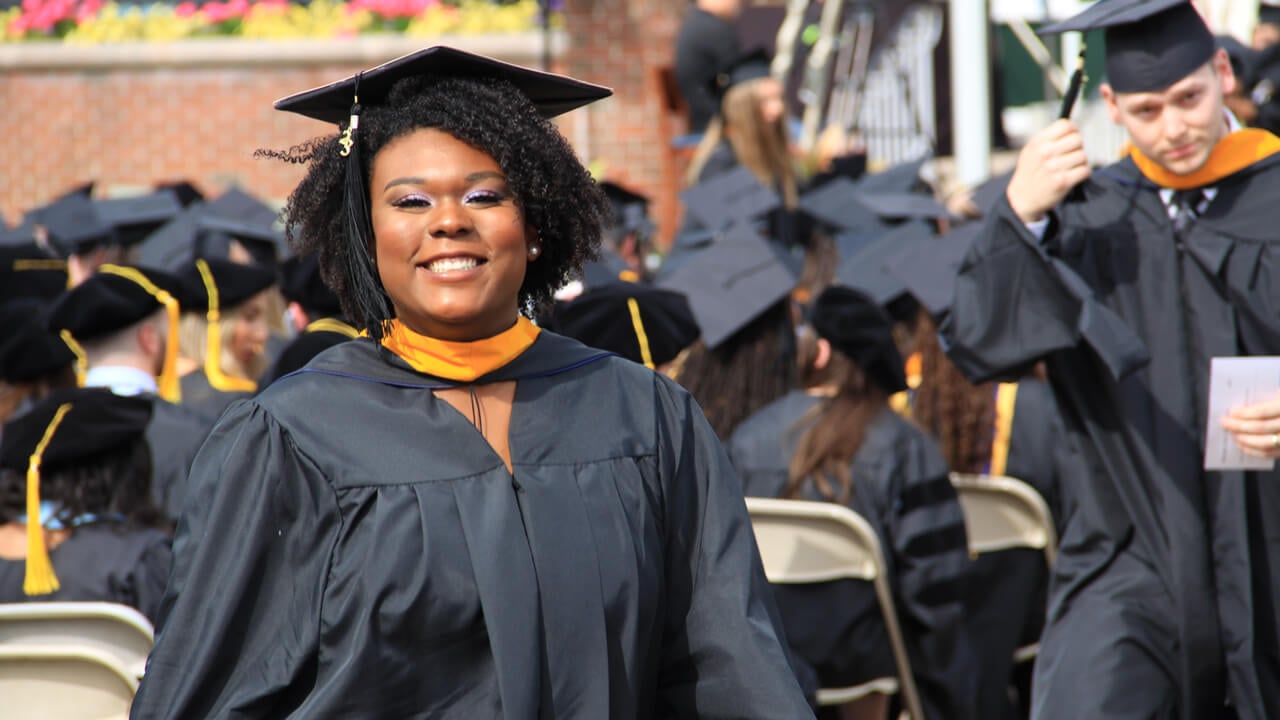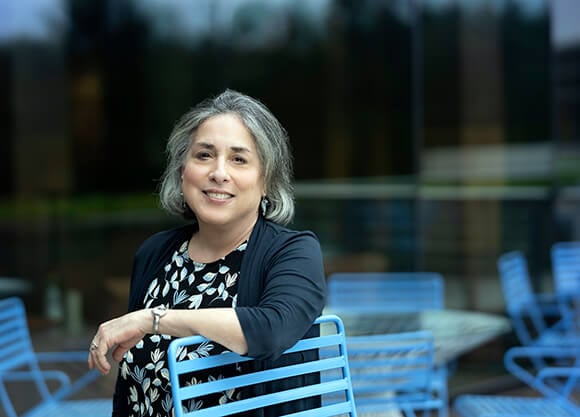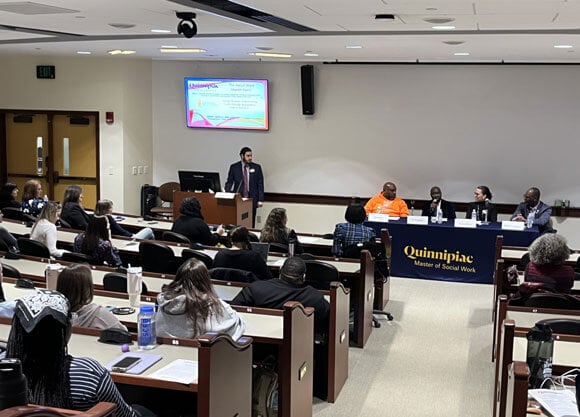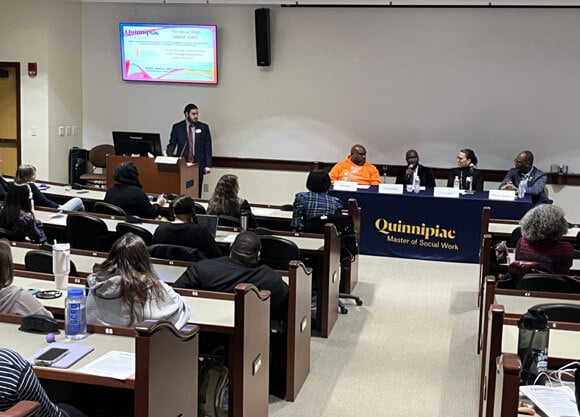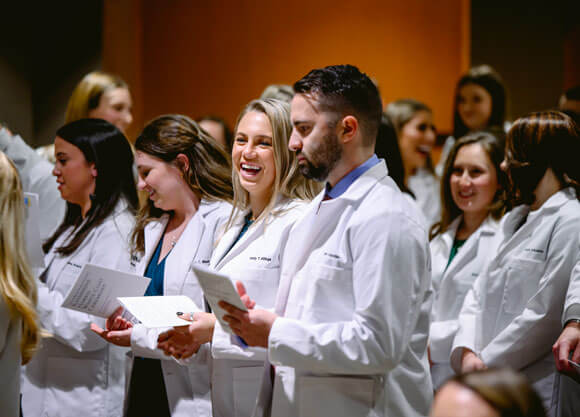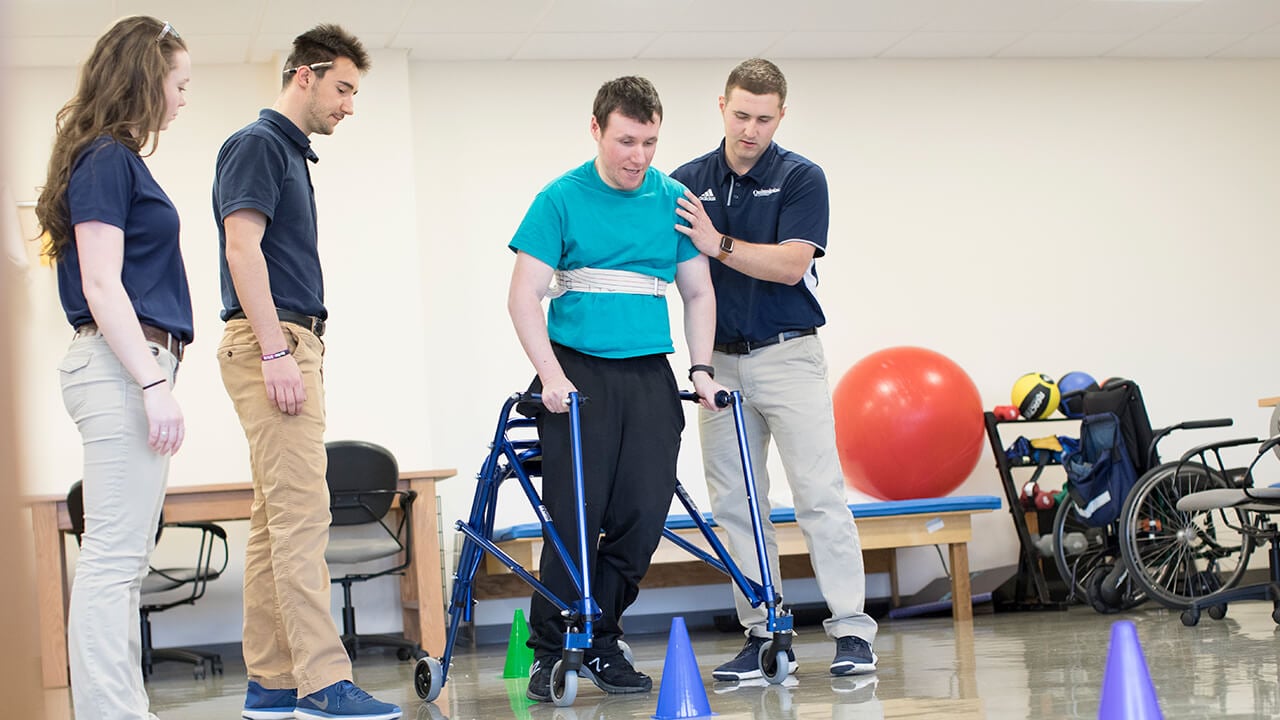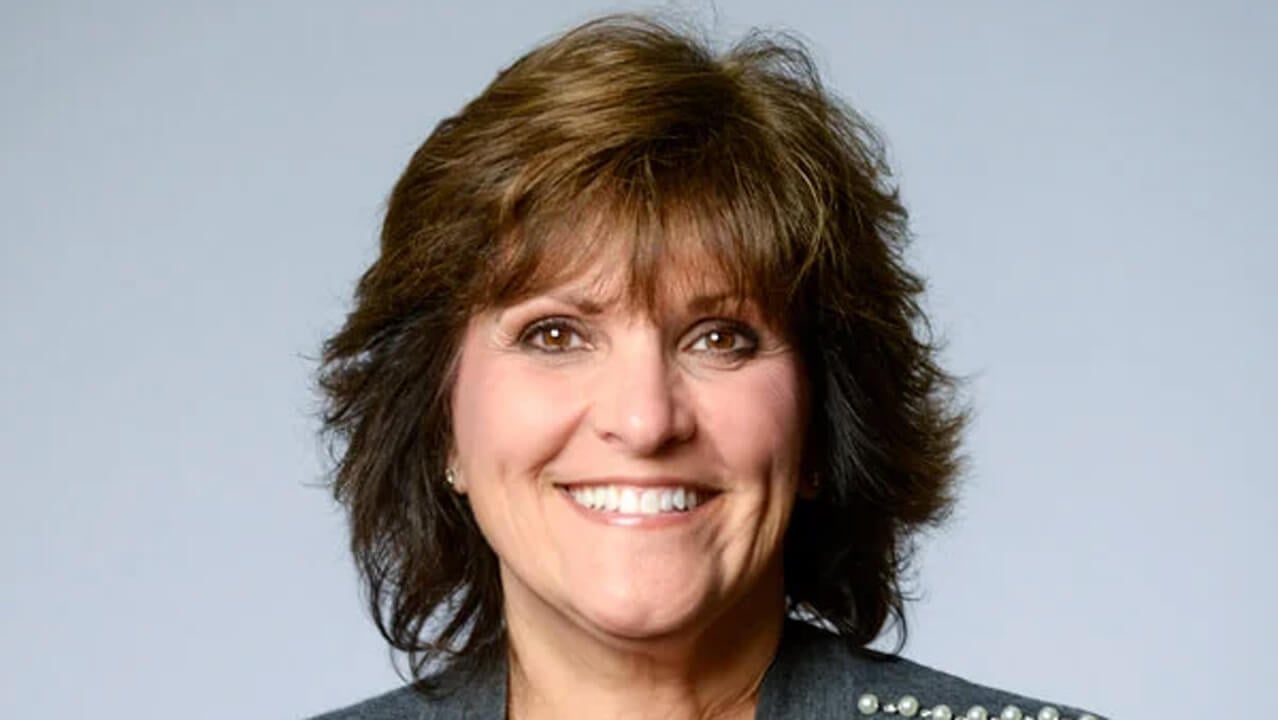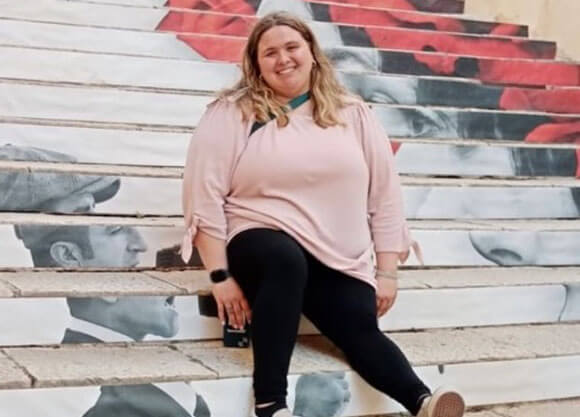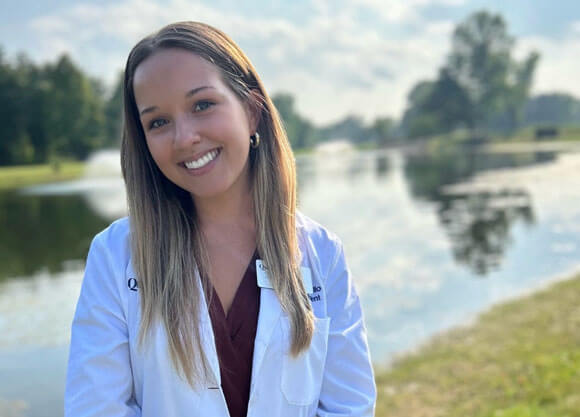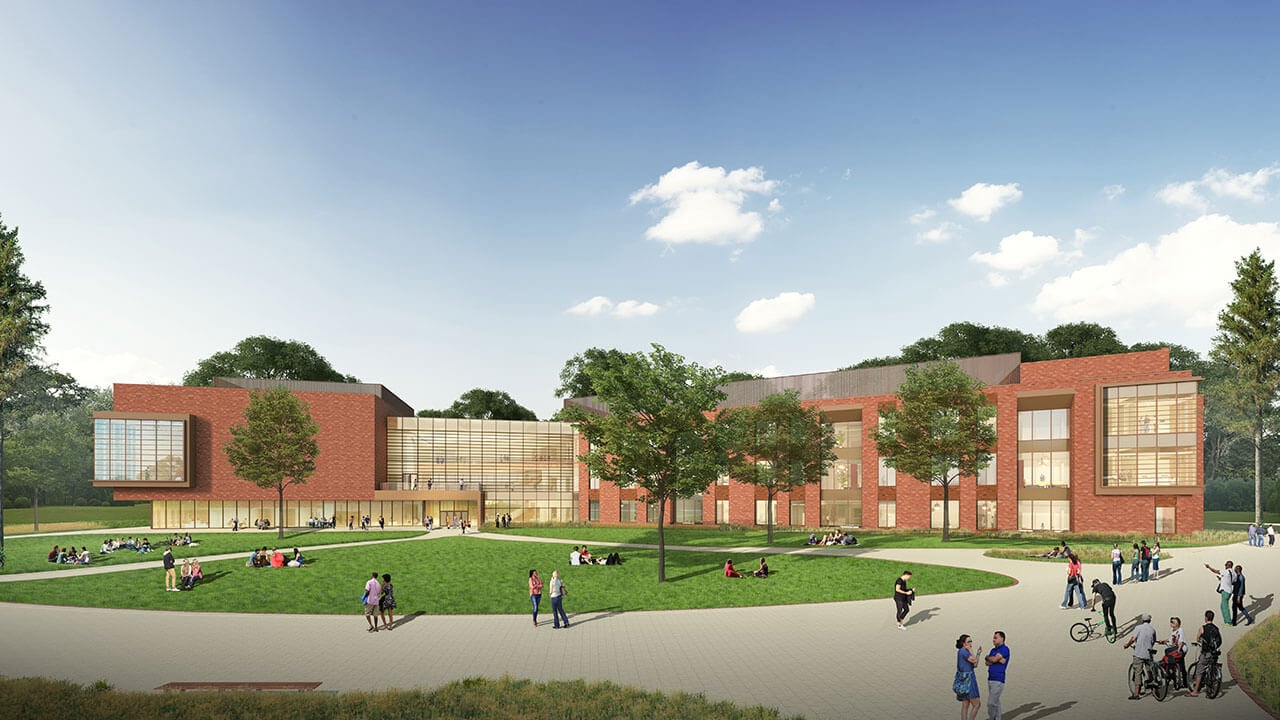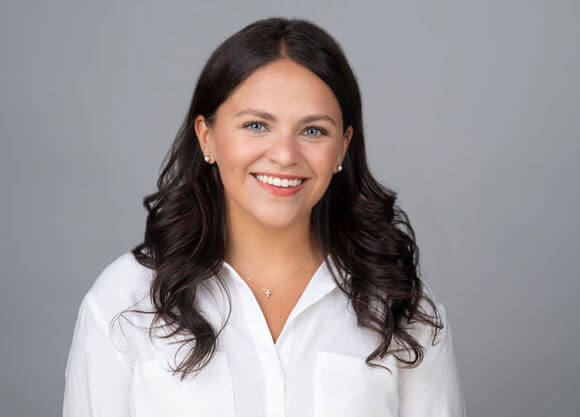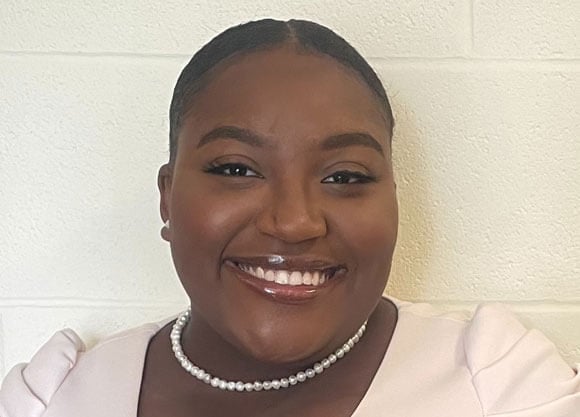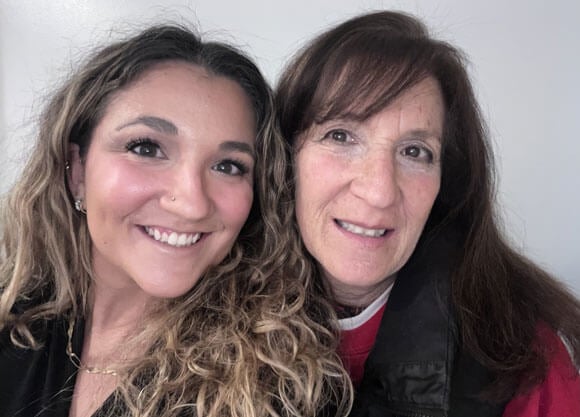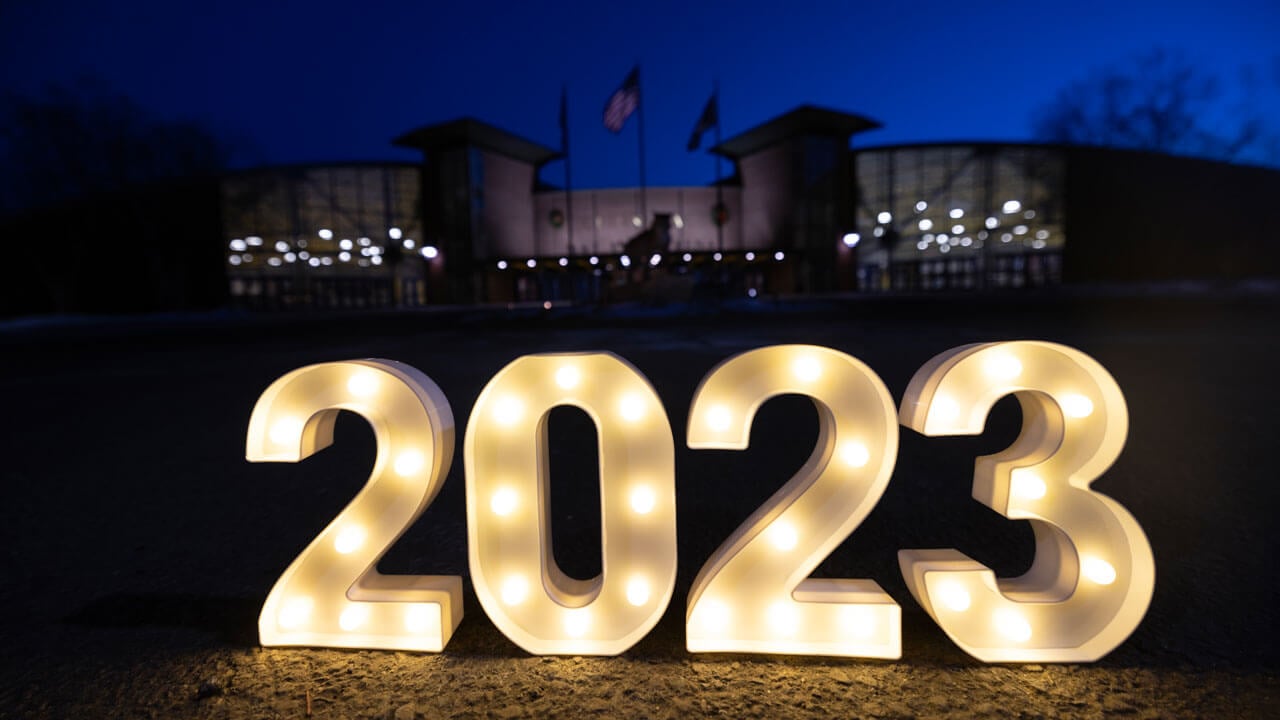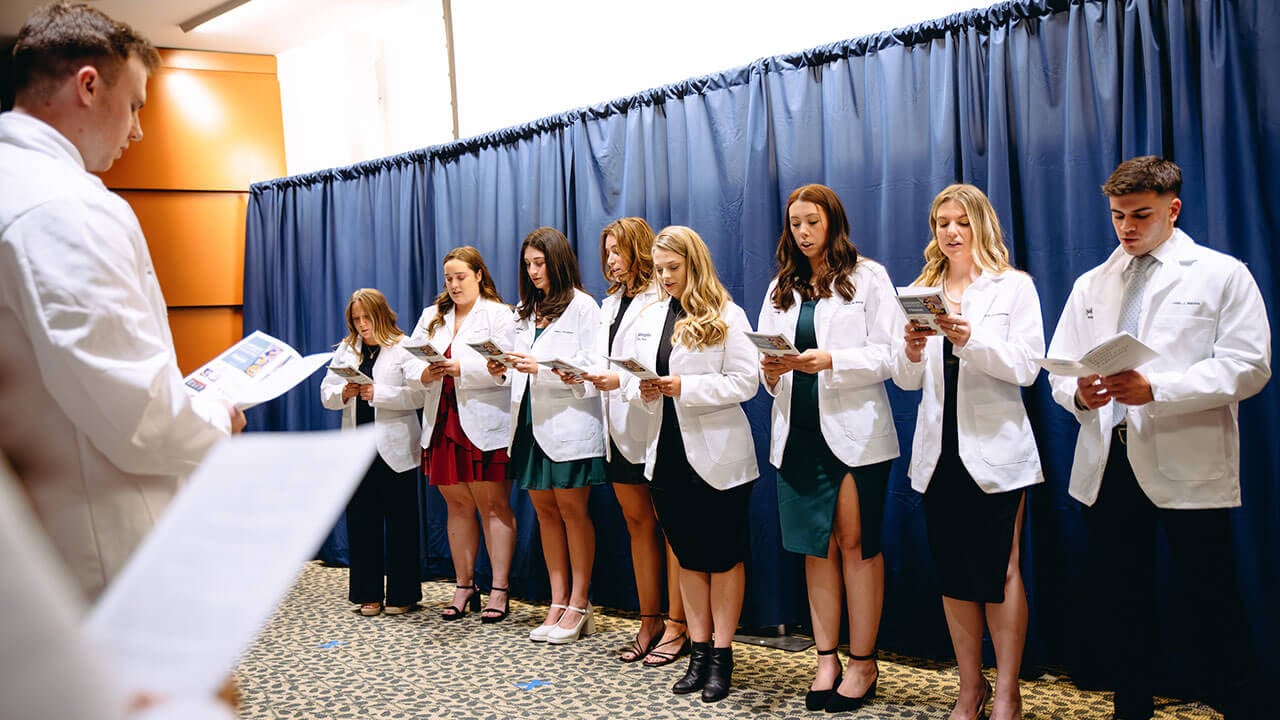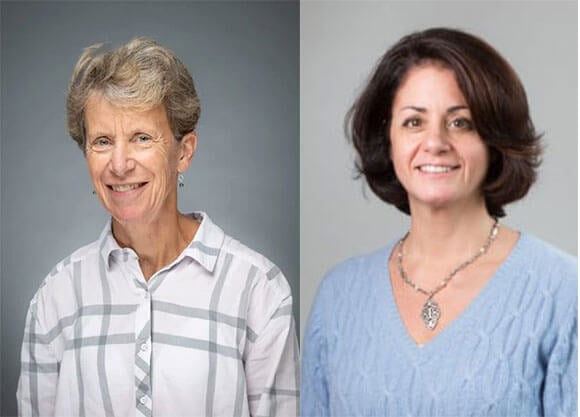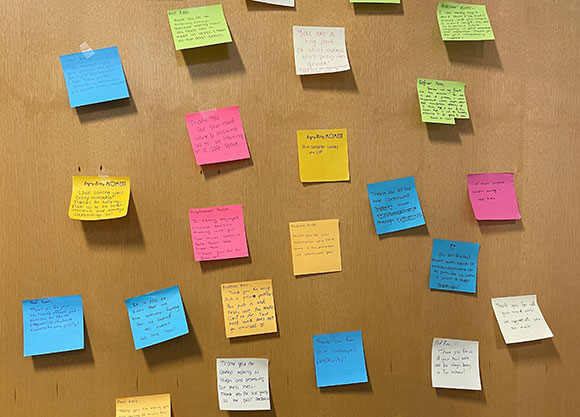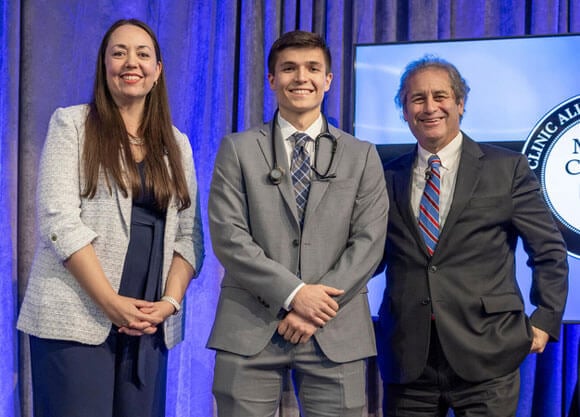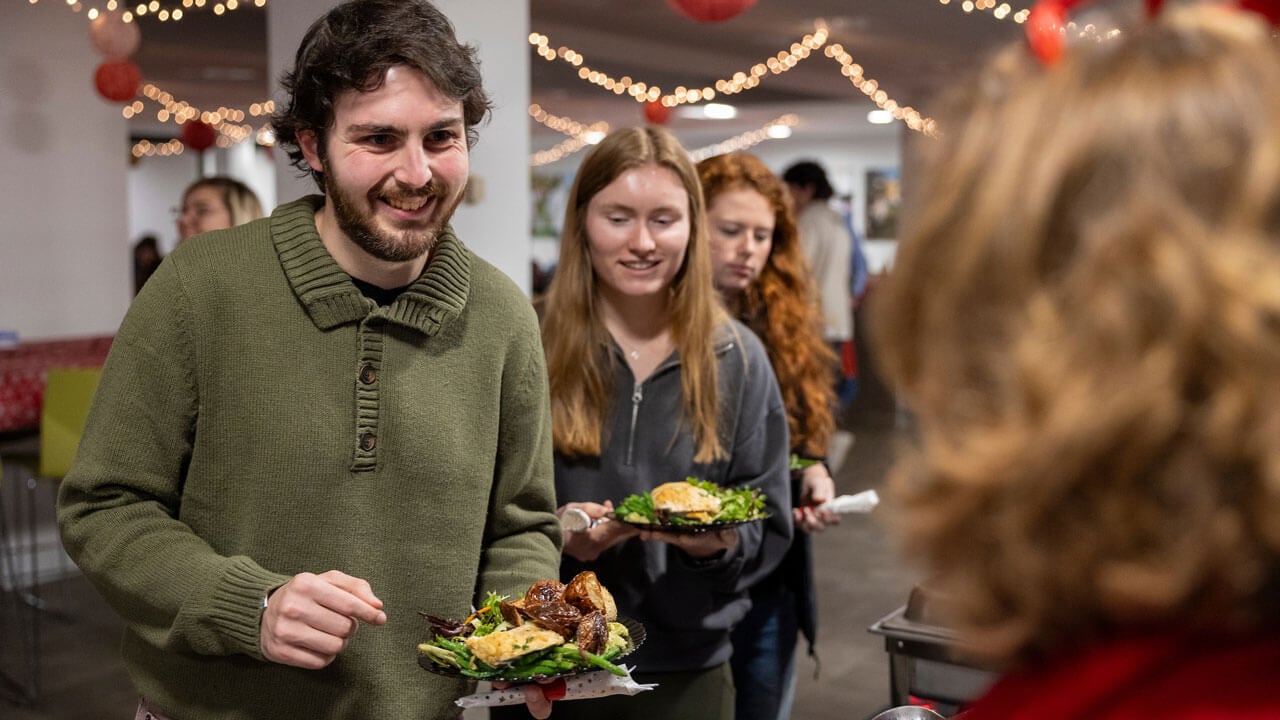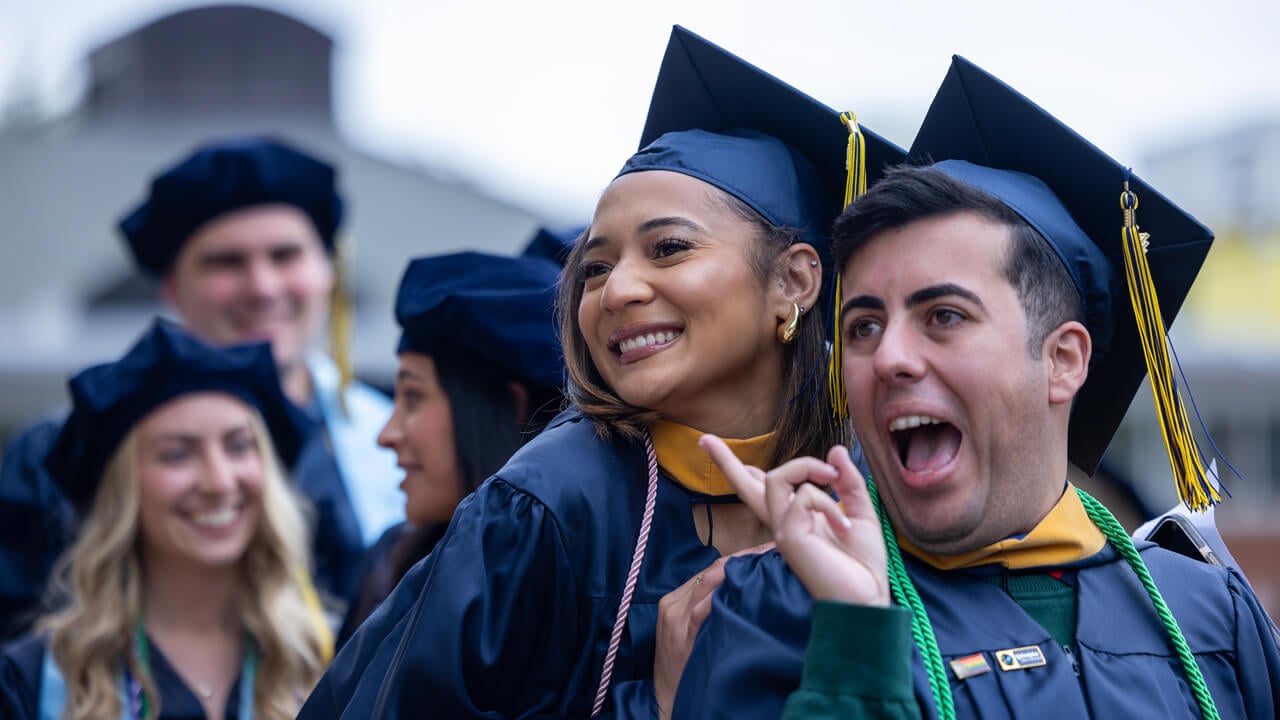
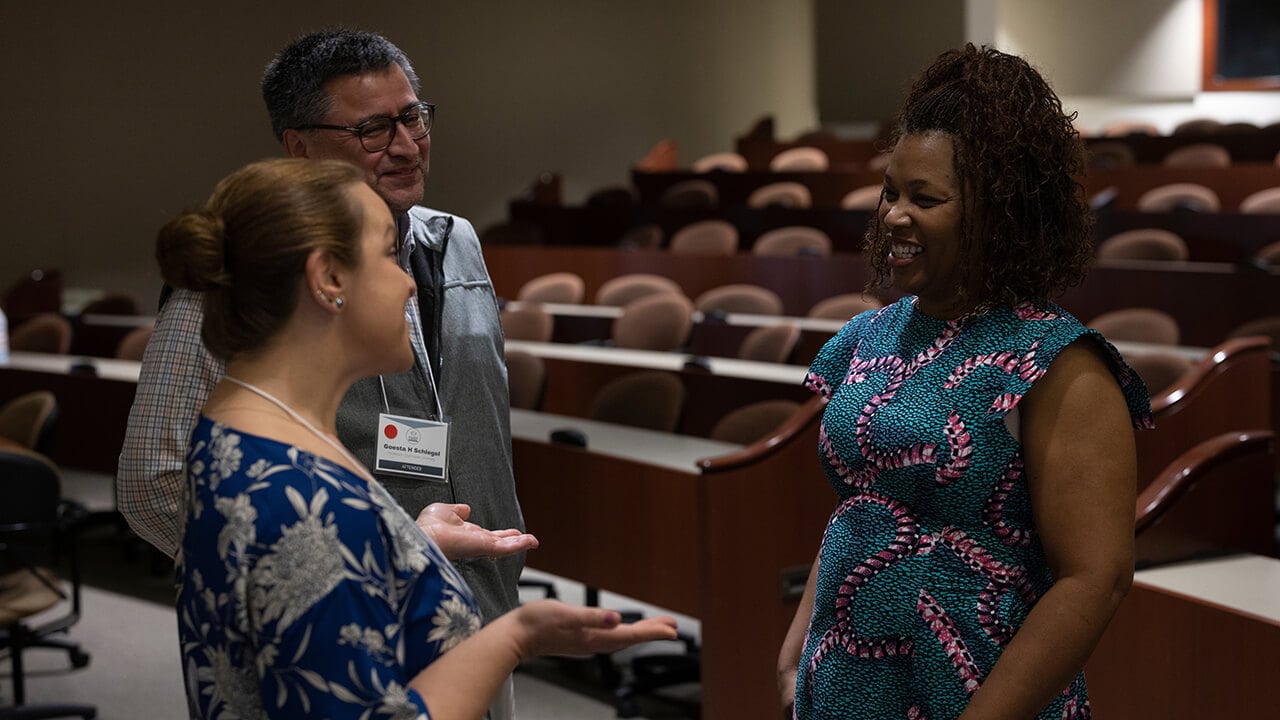
The more than 100 attendees considered the benefits of having different through discussions focusing on neurodiversity, cultural humility and responsiveness, decolonization for occupational justice, mentorship and scholarship.
Marynell Disman ‘22 and Bobbi Dynice ’22, who organized the event, said they hoped participants walked away from the event more knowledgeable than they had arrived.
“As a profession that strongly advocates for inclusion and occupational justice for our clients, it is important to reflect on the composition of the profession itself and the potential barriers to entry in the profession to make it more accessible to a variety of future practitioners,” said Dynice.
They said they hoped to continue to spread information and educate others about the importance of diversity, equity and inclusion.
“We were thrilled with the turnout and received a lot of positive feedback from students who said they loved listening to the speakers share their experiences and learn more about the value of hearing people’s stories. We hope that the initiative continues to grow and become more successful in the future,” said Disman.
Kally Harris ’21, MS ’22, who will be graduating with her master’s in occupational therapy, said she is excited to implement the lessons she learned in her future career.
“This conference taught me about the importance of cultural humility and what it means to be culturally responsive,” said Harris. “As a future practitioner, this information will help guide my practice and be essential when it comes to providing the best possible client-centered care.”
While there are still big strides to be made in the occupational therapy profession, Dynice said that open discussions and lessons on diversity, equity and inclusion must happen openly and frequently.
“In order to be responsible health care practitioners, we must actively learn about ableism, anti-Black racism, the marginalization of Indigenous people and other forms systemic discrimination that impact our clients and coworkers,” said Dynice. “Learning does not end after the conference; it is just the beginning.”
In this Article
Stay in the Loop
Quinnipiac Today is your source for what's happening throughout #BobcatNation. Sign up for our weekly email newsletter to be among the first to know about news, events and members of our Bobcat family who are making a positive difference in our world.
Sign Up Now